As President Xi Jinping sent a congratulatory message to Donald Trump on Thursday on his election as United States president, observers said that Beijing is urging Washington to tackle China-U.S. ties with a cool head and offer the rest of the world a sense of predictability.
In the message, Xi pointed out that history has shown how cooperation between China and the U.S. can bring benefits to both sides, while rivalry can bring harm.
"A China-U.S. relationship with stable, healthy and sustainable development is in line with the common interests of the two countries and the expectations of the international community," Xi said.
It is hoped that the two sides will uphold the principles of mutual respect, peaceful coexistence and win-win cooperation, strengthen dialogue and communication, properly manage differences and expand mutually beneficial cooperation, he said.
Xi added that the two sides should find the right way for China and the U.S. to get along in the new era, for the benefit of both countries as well as the world.
Also on Thursday, Vice-President Han Zheng sent a message to J.D. Vance, congratulating him on his election as U.S. vice-president.
Su Xiaohui, deputy director of the Department for American Studies at the China Institute of International Studies, noted that Xi's congratulatory message reflects the importance Beijing attaches to the development of China-U.S. ties.
Through the message, "China once again underscored the significance of keeping China-U.S. ties stable, and it pointed to the fact that the international community is looking forward to seeing the stability of the relationship", she said.
"In the recent past, both sides have demonstrated their readiness to keeping the relationship away from turbulence, and have achieved some results. They should carry on this momentum and move toward the same goal," she added.
This year marks the 45th anniversary of the establishment of China-U.S. diplomatic relations. And the two nations have conducted fruitful cooperation in areas including people-to-people exchanges, counternarcotics and tackling climate change.
China is now the third-largest export market for American commodities, and the U.S. is China's third-largest trading partner, according to the Chinese embassy in the U.S..
Observers also raised concerns that some hawkish politicians in the U.S. may press ahead with efforts to seek economic "decoupling" with China and increase their confrontational stance on security-related issues, such as increasing tension in the Taiwan Strait.
At a regular news conference of the Foreign Ministry on Thursday in Beijing, reporters raised questions about topics such as China-U.S. trade tensions, the Taiwan question and the future of China-U.S. ties.
"I would like to reiterate that there will be no winners in a trade war and it is not beneficial to the world," said Foreign Ministry spokeswoman Mao Ning.
She noted that the Taiwan question is the "most important and most sensitive" issue in China-U.S. relations.
"It is China's consistent and clear position that it firmly opposes any form of official contacts between the U.S. and Taiwan," she said.
"The U.S. government needs to earnestly abide by the one-China principle and the three China-U.S. joint communiques, and prudently handle Taiwan-related issues, so as to avoid severe damage to China-U.S. relations and cross-Strait peace and stability," she added.
When asked what would it take to prevent the ties from veering into a disastrous scenario such as a potential hot war, Jeffrey Sachs, a professor of economics and director of the Center for Sustainable Development at Columbia University, pointed to China's core security interests.
"The U.S. has to recognize China's core security interests, including Taiwan as part of China, and the security of China's sea lanes in the South China Sea and the Indian Ocean," he said.
"If the U.S. would recognize and respect China's core security interests, relations would improve markedly," he added.
Chen Weihuain Brussels contributed to this story.
zhangyunbi@chinadaily.com.cn








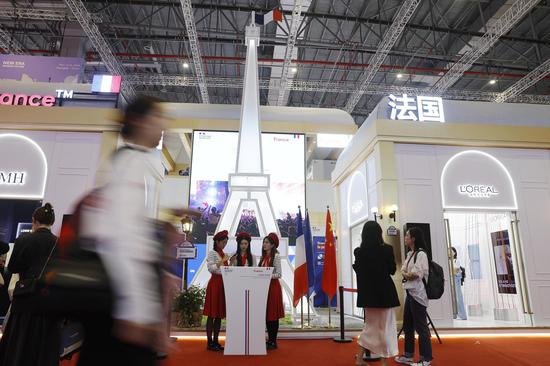
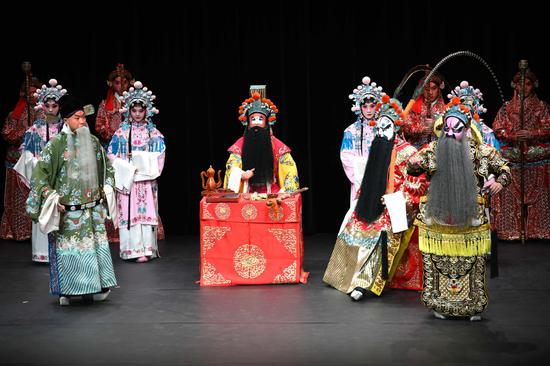



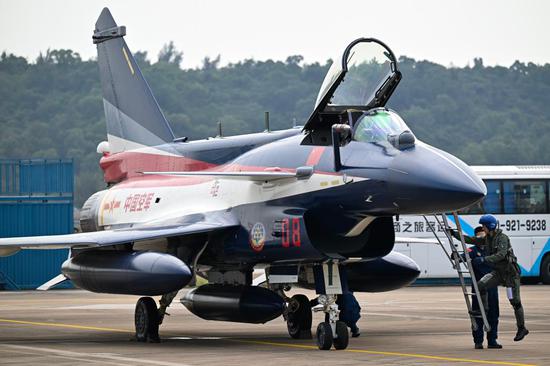

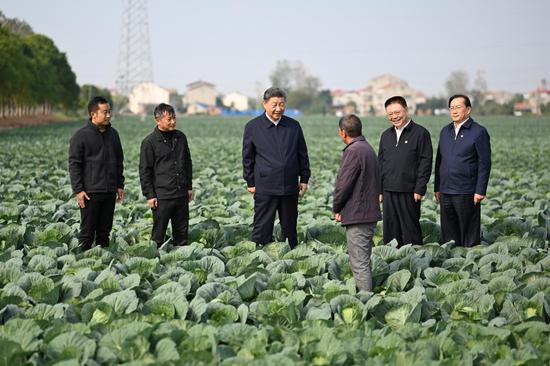
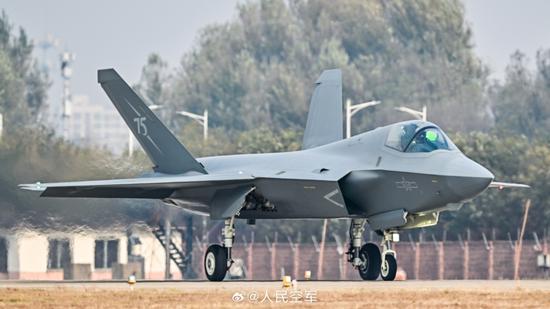





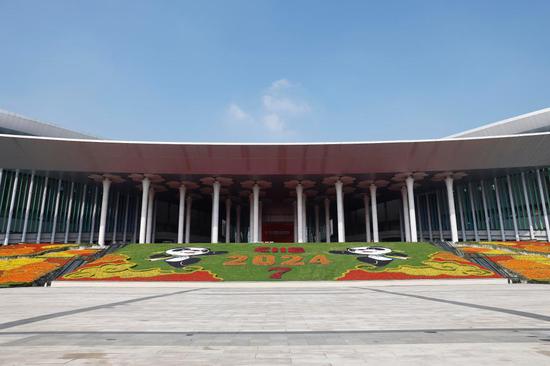

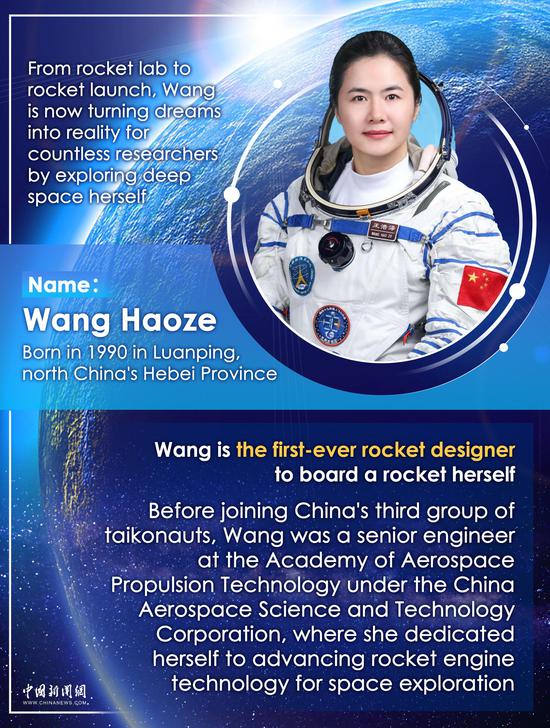
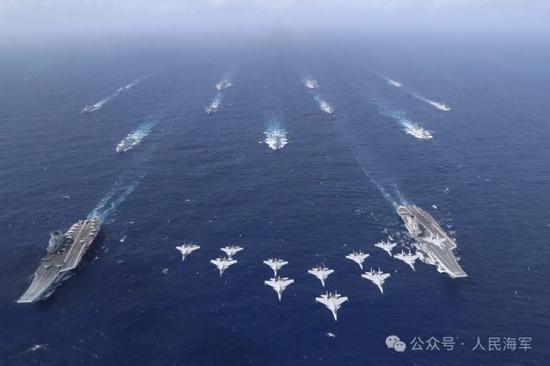
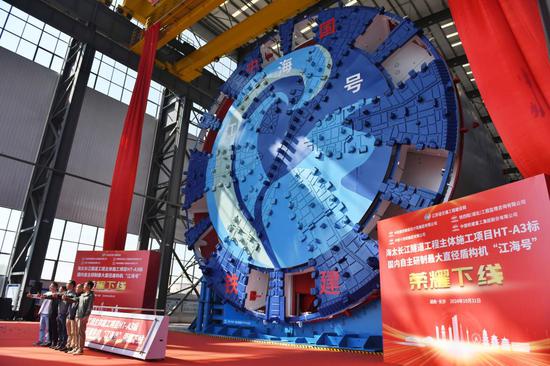




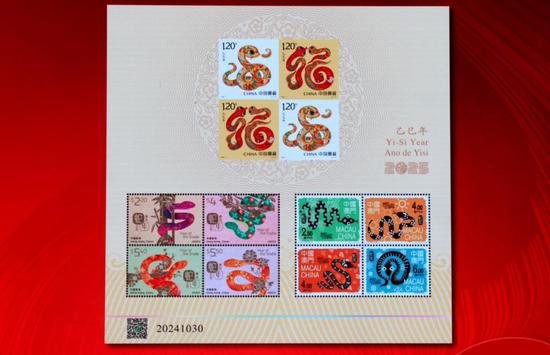

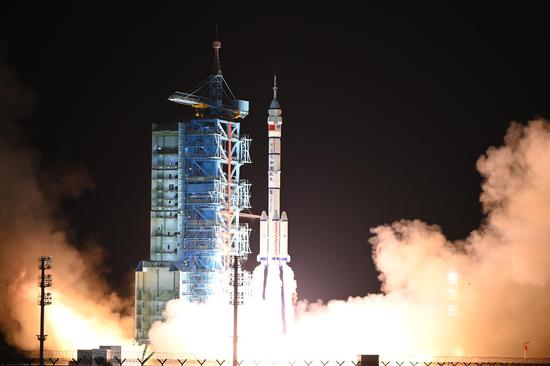

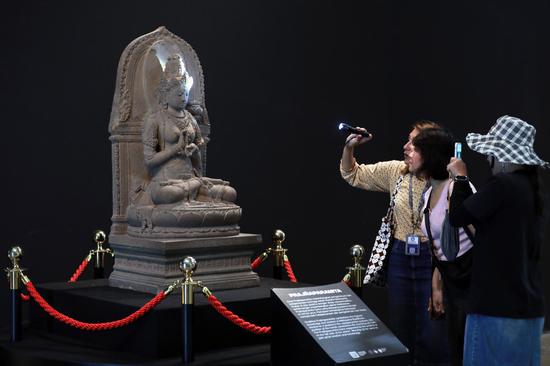














 京公网安备 11010202009201号
京公网安备 11010202009201号